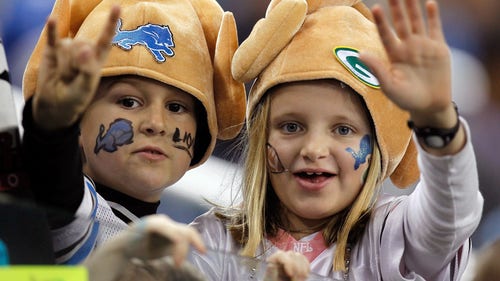FIFA president Gianni Infantino re-elected by acclaim
FIFA president Gianni Infantino was re-elected by acclaim to another four-year term on Thursday after suggesting the financial results under his leadership would keep an industry CEO in the job for life.
Infantino had no opponent in the election and won by acclaim instead of a formal vote by the FIFA Congress in Kiagli, Rwanda. The 211 member federations saw their basic annual funding from FIFA rise from $250,000 to $2 million since his first win in 2016.
FIFA had $4 billion in reserves after the World Cup in Qatar finished in December. It has conservatively forecast record revenue of at least $11 billion through the 2026 World Cup in North America.
“If a CEO tells the stakeholders that the products were multiplied by seven I believe that they would keep that CEO forever,” Infantino told FIFA members. “They would love for this story to keep on going.
“But I am here for a four-year cycle only,” added Infantino, whose presidency can eventually run to 15 years through 2031.
The Swiss lawyer was first elected in 2016 with FIFA in crisis after a sweeping United States federal investigation of corruption removed a swath of soccer officials in the Americas. The fallout also removed veteran FIFA president Sepp Blatter from office within months of being re-elected.
Under Infantino, FIFA has created new and bigger competitions — raising its income and giving national teams more chances to qualify for the men’s and women’s World Cups, while facing down resistance from European soccer officials.
FIFA’s support for 2022 World Cup host Qatar, where Infantino moved to live in 2021, and his close ties to Saudi Arabian soccer have also caused unease among rights activists and some European member federations. That spilled over at the World Cup in a dispute when FIFA and Qatari organizers blocked some team captains from wearing an anti-discrimination armband.
“To all those that love me, and I know there are so many, and those that hate me, and I know there are a few, I love you all of course, today especially,” Infantino said after being elected.
In an earlier congress-opening address, Infantino said he took inspiration from Rwanda’s recovery from a civil war in the 1990s when his own campaign to become FIFA president in 2016 was struggling.
Infantino said he was told on a campaign visit to Rwanda he would not be supported.
“Of course, I was pretty depressed, about to give up,” he said, recalling a visit he made to the Kigali Genocide Memorial. “What this country has suffered and how this country came back up is inspiring for the entire world. So I certainly couldn’t give up because somebody is telling me something.”
The president of Rwanda, Paul Kagame, then made a speech traditionally offered to the host nation’s head of state.
Kagame defended Qatar, calling its critics “hypocritical” and urging for “bad politics” to be kept out of sports.
The Norwegian soccer federation put forth a proposal pushing FIFA to compensate migrant workers who helped build Qatar's World Cup projects, but federation president Lise Klaveness did not address the congress as expected.
Instead, the head of an in-house FIFA panel on human rights issues, Gibraltar soccer official Michael Llamas, said his group would assess Qatar's progress and publish a report in full transparency.
“There can be little doubt that FIFA’s work on these areas has grown increasingly robust over the years and there is also little doubt that we are starting to have real, tangible impact,” Llamas said in a taped video message to the congress.
Earlier, Infantino had reminded the congress of his invitations to attended two editions of the G20 meetings of world leaders and his close ties to United Nations agencies such as the World Health Organization.
“We are a football organization. We are not the Red Cross or Greenpeace or any other organizations who are doing great work,” said Infantino, who has tried to insert FIFA into world politics.
“But we have responsibility as well. We have a responsibility to help tackle global challenges,” he said, identifying “climate, human rights, diseases, disabilities.”
___
More AP soccer: https://apnews.com/hub/soccer and https://twitter.com/AP_Sports





